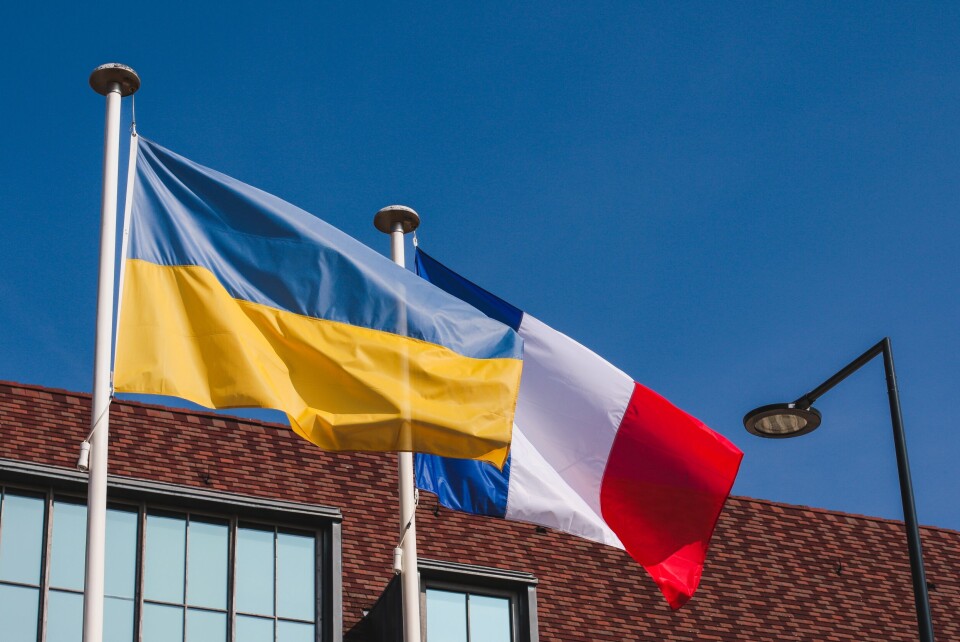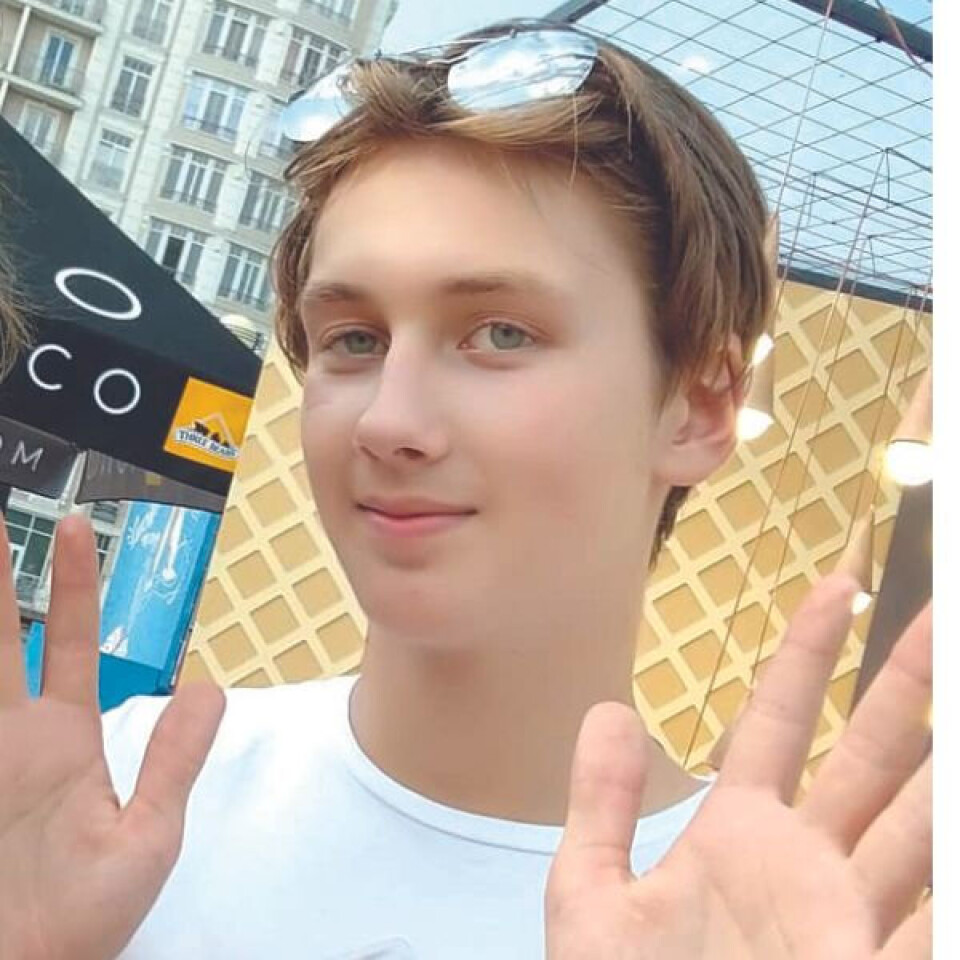-
Plans for new French youth worker contract that makes firing easier criticised
Union compared proposals to controversial ‘CPE’ contract plans that sparked major protests
-
Storm Pedro hits south-west France: trees uprooted and red flood alerts remain
Emergency plans activated in Bordeaux amid flood fears
-
‘It’s becoming intolerable’: homeowners in France move north to escape the heat
Heatwaves becoming more regular and intense
Ukrainian student passes baccalauréat after just one year of French
His achievement got him a meeting with the then education minister

A Ukrainian student was invited to meet the Education Minister after obtaining his baccalauréat with a good grade just over a year after arriving here without any French.
Miron Motulko, 18, left Odessa on the day Russia invaded Ukraine and began at a school in Cherbourg (Manche) in April 2022. He will begin university in Lyon in September.
His family chose to settle in France due to its strong higher education system.
During the meeting, minister Pap Ndiaye (since replaced by Gabriel Attal) is said to have praised the teenager’s level of French, which helped him achieve a mention assez bien, meaning an overall grade between 12 and 14 out of 20.

Photo: Miron Motulko on Instagram
Purely down to his talent
Such an achievement is rare, said Hervé Adami, a professor of sociolinguistics who specialises in French learning for migrants.
“We could presume that one of his parents lived in France, or was a French teacher, or it can also be easier for children who are used to travelling – if their parents are diplomats, for example – but none of that is the case.
“It means it is purely down to him and his talent.”
The feat cannot be due to generous marking either, he added, as apart from small amounts of coursework and the oral exam, the bac is marked anonymously.
Dr Adami said Ukrainian students often need a year or more to acclimatise.
“Everything is different. It is already difficult for French people to understand how the bac works.”
Read more: Common mistakes French learners make and how to fix them
Ukrainians immersed in languages
Claire Kaiser, a German studies professor in Bordeaux who volunteers to teach French to displaced Ukrainians, called the achievement “exceptional”, even if the language barrier is less for his chosen scientific speciality.
“Ukranians are immersed in bilingualism from a young age, as many master Russian and Ukrainian,” she said. “That helps when learning other languages, and young people often speak good English as well.”
Difficult without bridging languages like English or Spanish
Miron has said he spoke to teachers and pupils in English when he arrived.
Dr Kaiser said one of her Ukrainian students, aged 23, is also due to start university after reaching B1 intermediate level in French after starting from scratch a year ago.
The classes are organised by the association La Maison Ukrainienne, which began with informal lessons in Bordeaux’s English pubs but has now taught French to around 150 Ukrainians, often adult women.
Stéphane Bernard, who oversees the classes, said adult learners have more trouble.
“They have no French, no English, no Spanish – none of the bridge languages that would help with communicating.”
When new beginner classes are created, the initial lessons are with a teacher who speaks Ukrainian or Russian. Otherwise, it is too difficult, he said. They begin with the alphabet.
The students’ children often help with translation at the start.
Read more: Don’t let age be an obstacle to pursuing better French
20,000 Ukraine children in French schools
Around 115,000 Ukrainians have arrived in France since the start of the war, including 20,000 children in French schools (February 2023 figures).
Children who do not speak French can receive extra language lessons via a scheme dubbed UPE2A.
However, there is a lack of guidance as to whether migrant students should be separated from peers for all classes, or only for extra French lessons, Dr Adami said.
Related articles
‘Excellent’, ‘a nightmare’: Your thoughts on France’s school system
Education: do French schools deserve their harsh reputation?
























